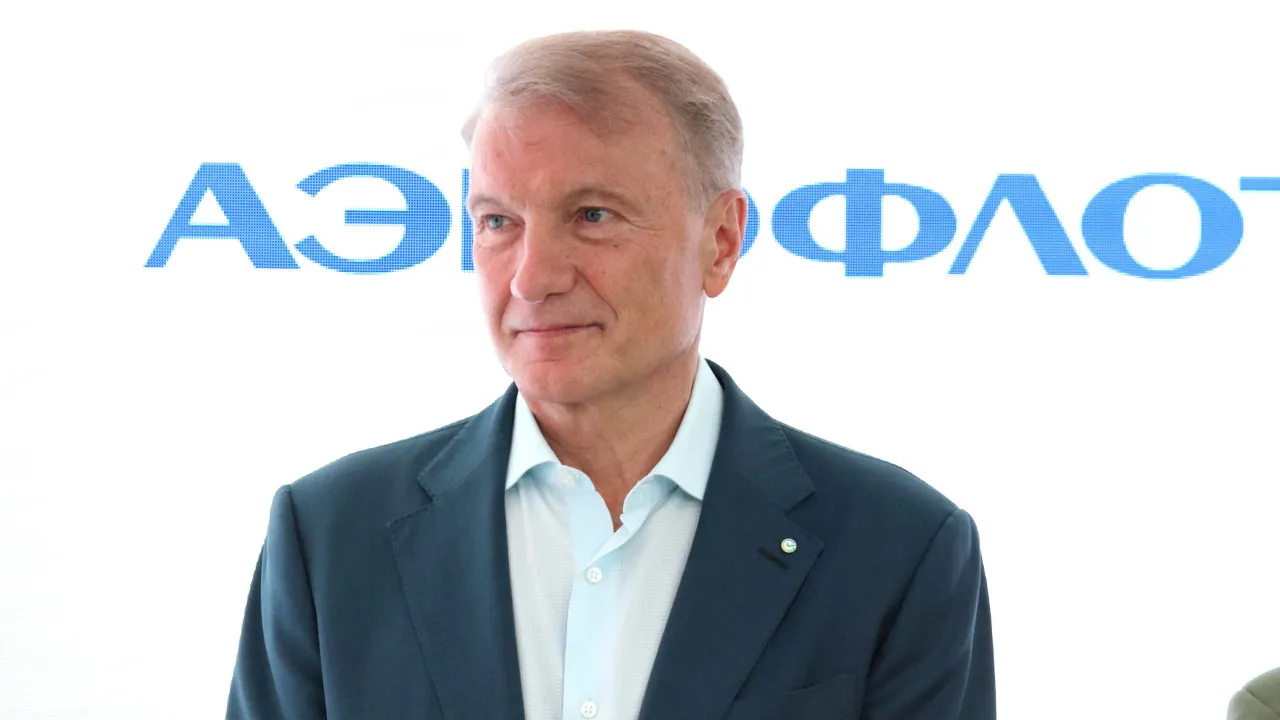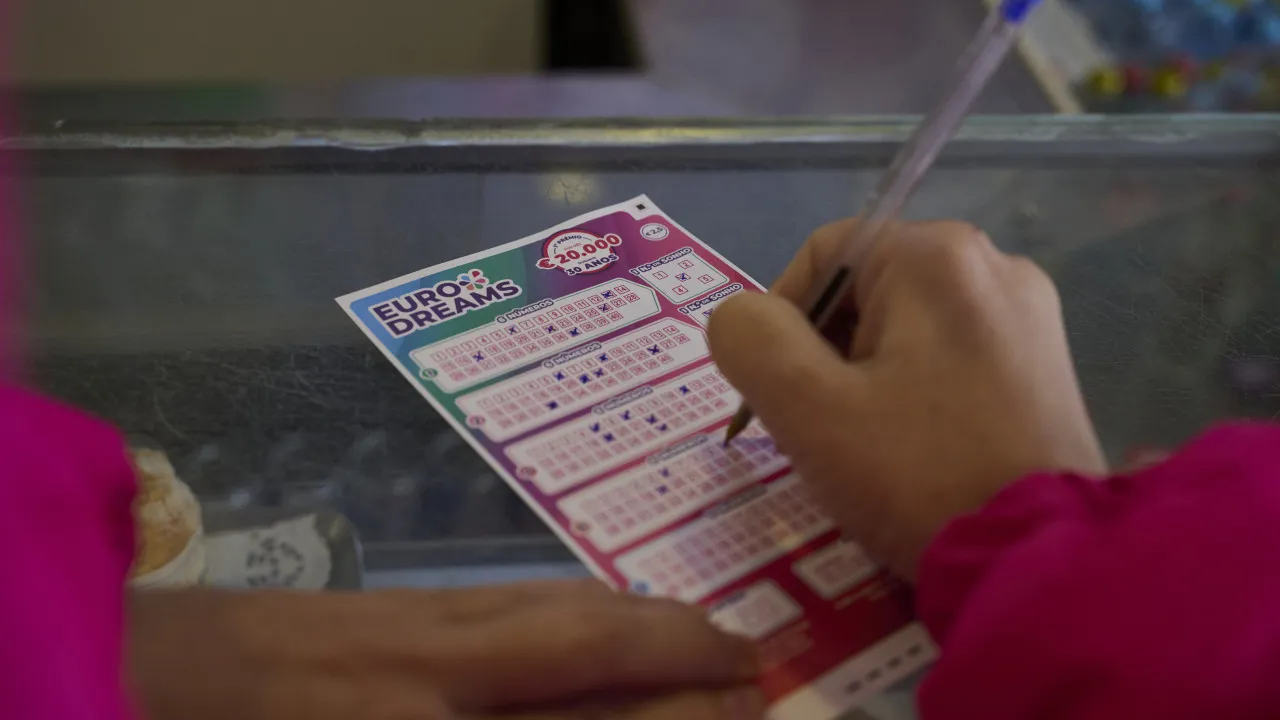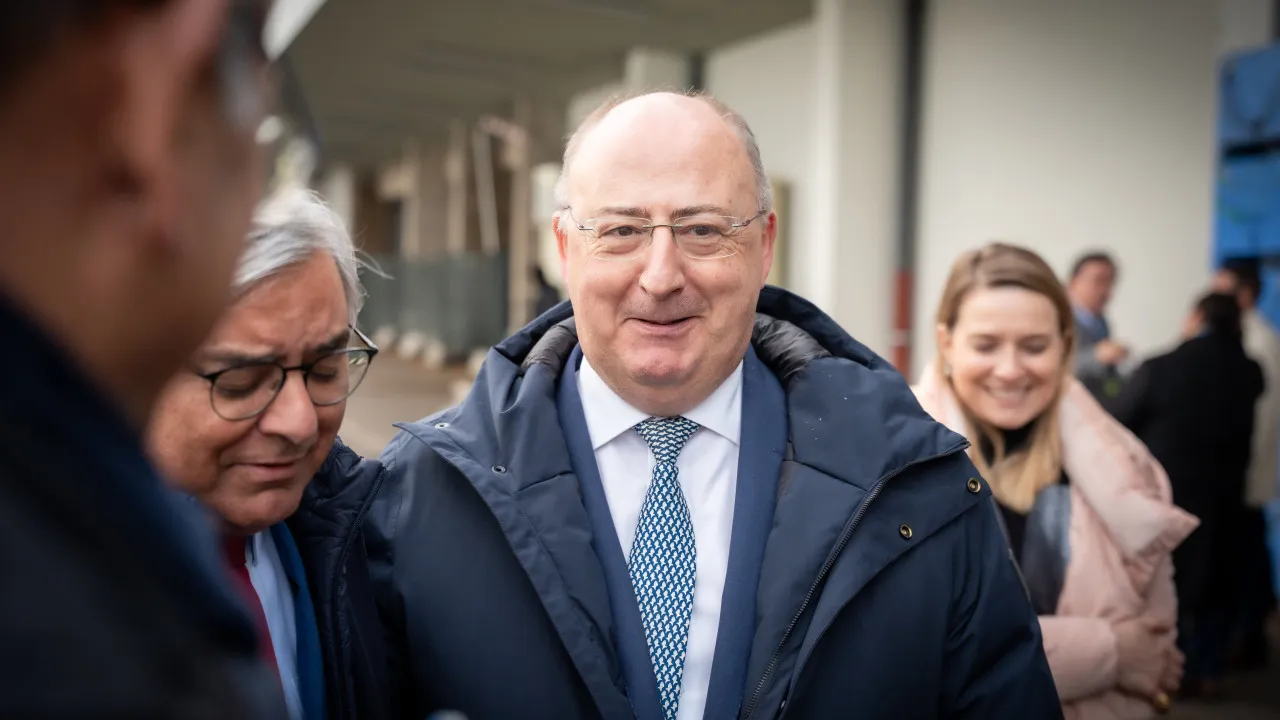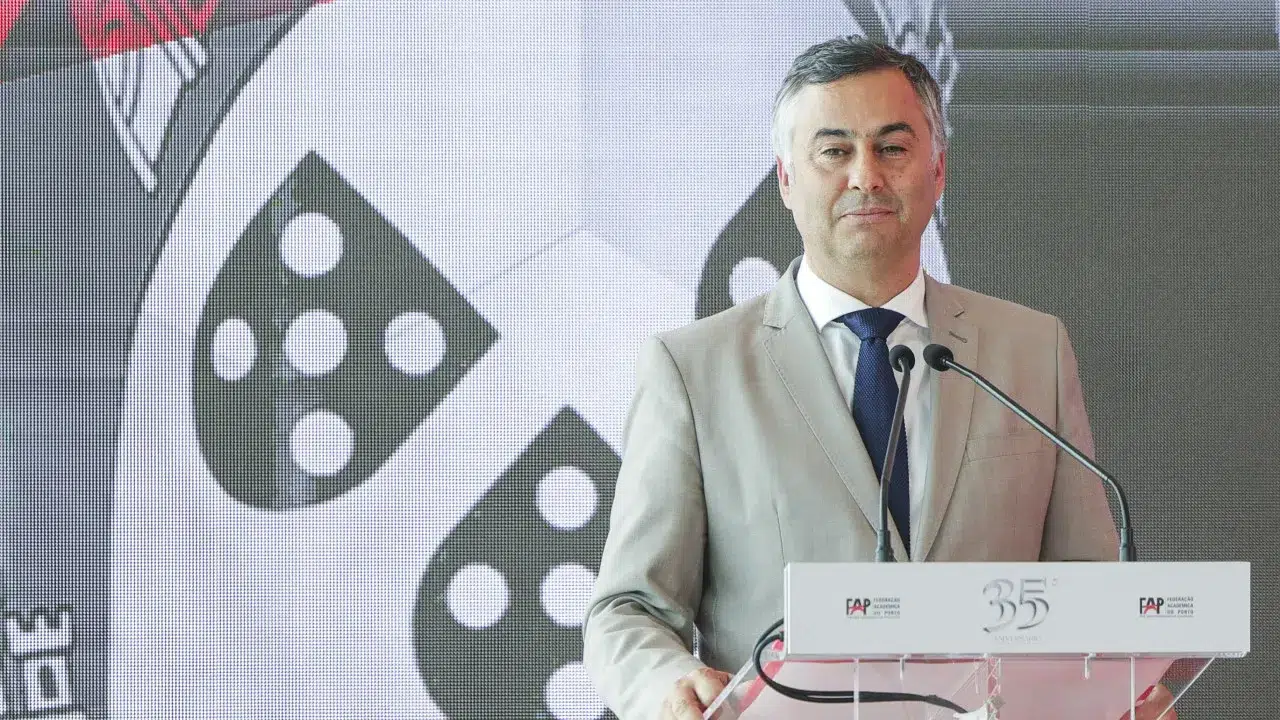
“2026 does not promise to be an easier year. That’s why we need to prepare well in 2025 to not disappoint our investors in 2026,” stated the head of Sberbank during a shareholders’ meeting.
German Gref added that “much will depend on geopolitics,” GDP growth, and “of course, the dynamics of the Central Bank’s interest rates.”
“Meanwhile, it is already clear that it will not be easy, as the first half of 2026 is already in sight,” he continued.
Gref’s remarks come as experts fear a banking crisis in the next twelve months.
The Russian executive recently acknowledged that financial institutions’ revenues dropped this year but denied that the situation is leading to a crisis.
On the other hand, specialists observe an increase in defaults in the country’s economy and foresee this trend continuing due to the Central Bank’s high-interest rate policy.
This month, the Central Bank reduced interest rates from 21% to 20%, which, however, “will have little effect on the economic performance of commercial entities,” according to economist and State Duma deputy Oksana Dmitrieva.
According to Dmitrieva, the Central Bank, which seeks to combat inflation affecting the country, reduced rates due to political pressure.
Russian President Vladimir Putin admitted last week that the country’s military spending, involved in a war in Ukraine since February 2022, has caused economic “problems” that need to be addressed.
Simultaneously, the Kremlin leader promised to consider reducing defense expenses, currently at 6.3% of GDP, over the next three years, although he specified that there is still no consensus on the issue within the Russian government.




